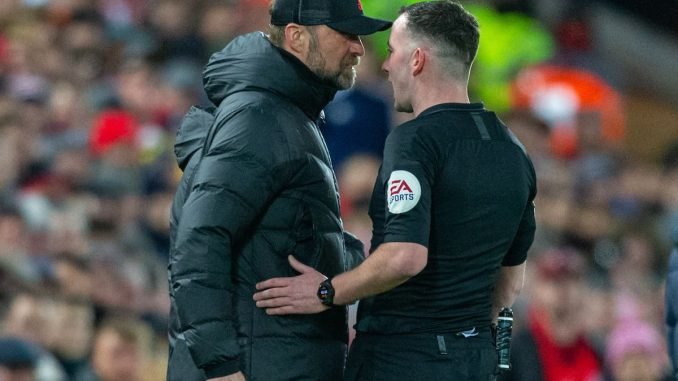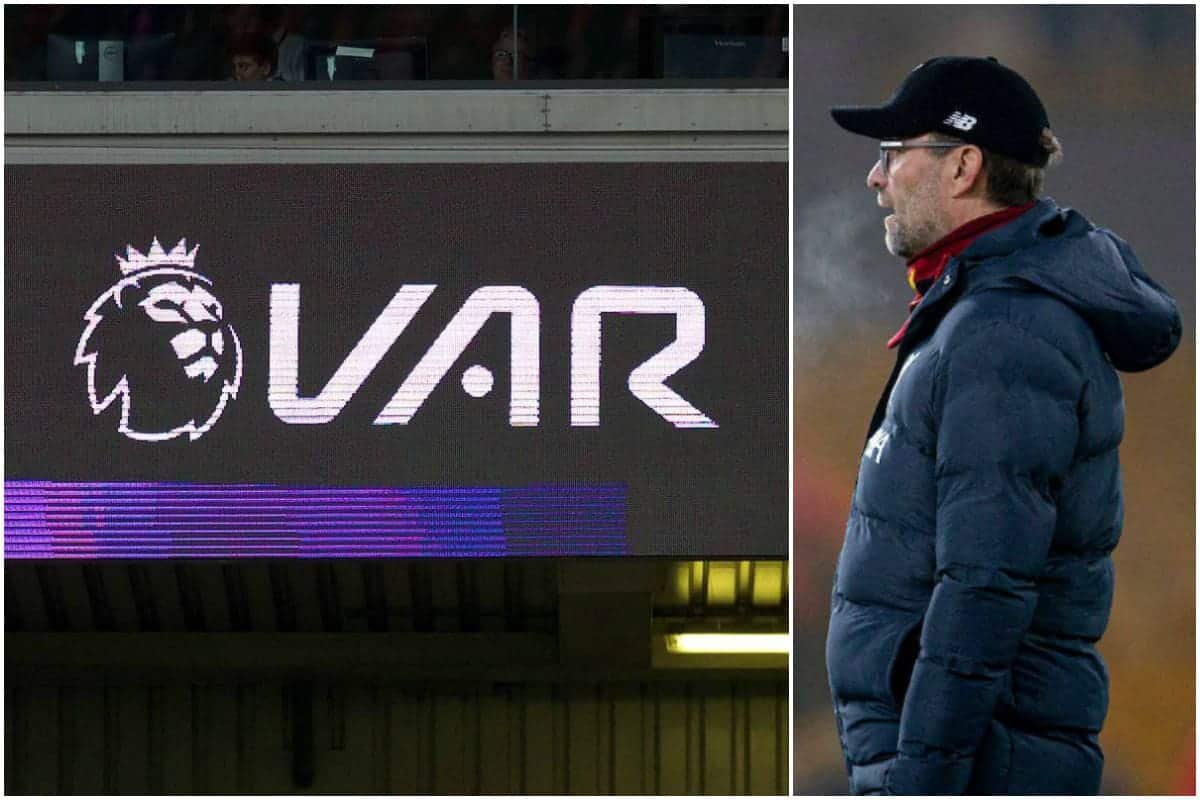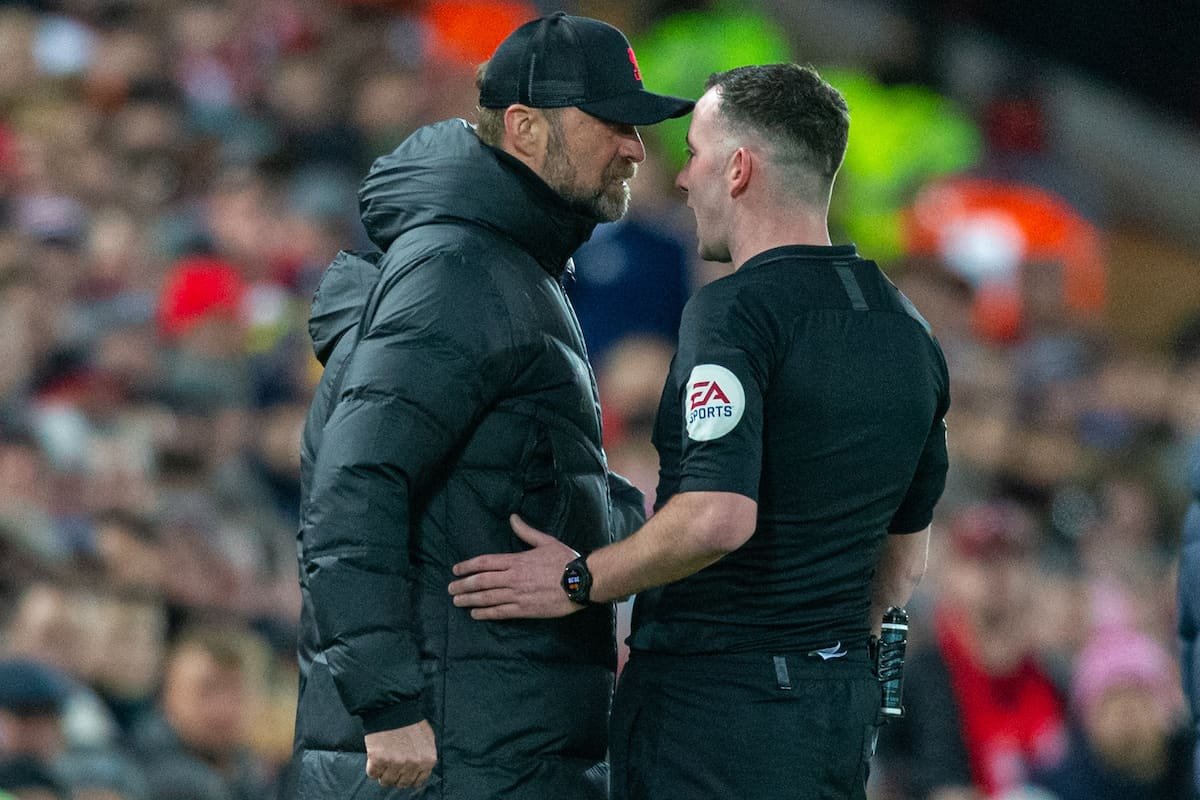
The remarkable events of Monday night’s Premier League match between Tottenham and Chelsea demonstrate that the time has come to assess the impact of VAR.
If the events of the previous weekend’s football confirm anything, it is that the time has come to ask serious questions about the impact of VAR.

In one half of the Spurs-Chelsea game, how many VAR decisions were made? Was it nine? I’ve lost count because it’s gotten so ridiculous. How long did it take? (By the way, the answer is too long).
It was the last thing referees chief Howard Webb needed after another seemingly never-ending string of perplexing VAR decisions, including what appeared to this impartial observer to be an official campaign to cause Mikel Arteta to spontaneously combust.
I’ve known the mild-mannered Basque for a long time, dating back to his days at Everton, and I’ve never met a more polite, laid-back, gentle, and kind footballer. Despite this, his constant rage has transformed him into the Incredible Hulk.
In this case, I can’t blame him. Again, without getting too worked up about the outcome of an Arsenal game against Newcastle, it seemed truly spectacular that there could be three decisions over the only goal, and all of them were wrong.

That’s quite impressive. It almost matched the Spurs game in terms of comedic value. But now we have to wonder if the introduction of the Video Assistant Referee is actually lowering the standard of officiating.
That, I believe, is why Liverpool recently took the unprecedented step of questioning the “sporting integrity” of the VAR officials during their own game against Tottenham. Jurgen Klopp was chastised after the game for his ‘demand’ that it be replayed, but his reasoning was sound. He knew there was no way the game would be replayed, and he didn’t want it to be, believe me.
But he wanted an acknowledgement that the system was broken. Which it is. If you look at the Spurs-Chelsea game and all those lengthy VAR reviews, it has changed the face of football completely.
After the game, Ange Postegcoglou said. He has a high-intensity team that plays at a pace and endurance that puts a lot of strain on his players. Then they have to stand around for minutes and minutes waiting for decisions.
Is it any surprise that Spurs suffered two serious injuries during the game? And Liverpool has had some injury concerns since their problems at the Tottenham Hotspur Stadium. In fact, Klopp has had a long list of injuries in recent seasons that have harmed his team.
In his words, they had the worst title defense in history because four of their senior center halves were injured, and they would have won the Champions League a year and a half ago if Thiago and Fabinho hadn’t been injured in the final.

Is it because they play a high-intensity game and then have to wait so long for all these decisions? To give just one example, Brighton scored at Everton over the weekend, and we had to wait an eternity for the correct decision of offside, even though it was clearly so.
It is a serious danger to players in today’s high-intensity football world, and no one is talking about it. Klopp is aware of this and desires change, hence his pressure.
And this is before we look at the standards of officials. It’s shocking how low it is, how lacking in authority it is…and clearly far worse than before the Video Assistant referee was introduced. Why? Is it because the replays numb their decision-making, absolve them of having to make a decision, or because it’s easier not to do anything and wait for Stockley Park’s guidance?
Leave a Reply